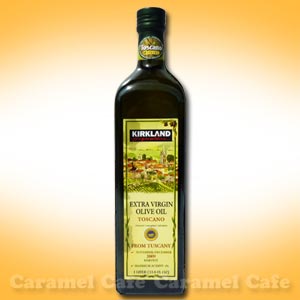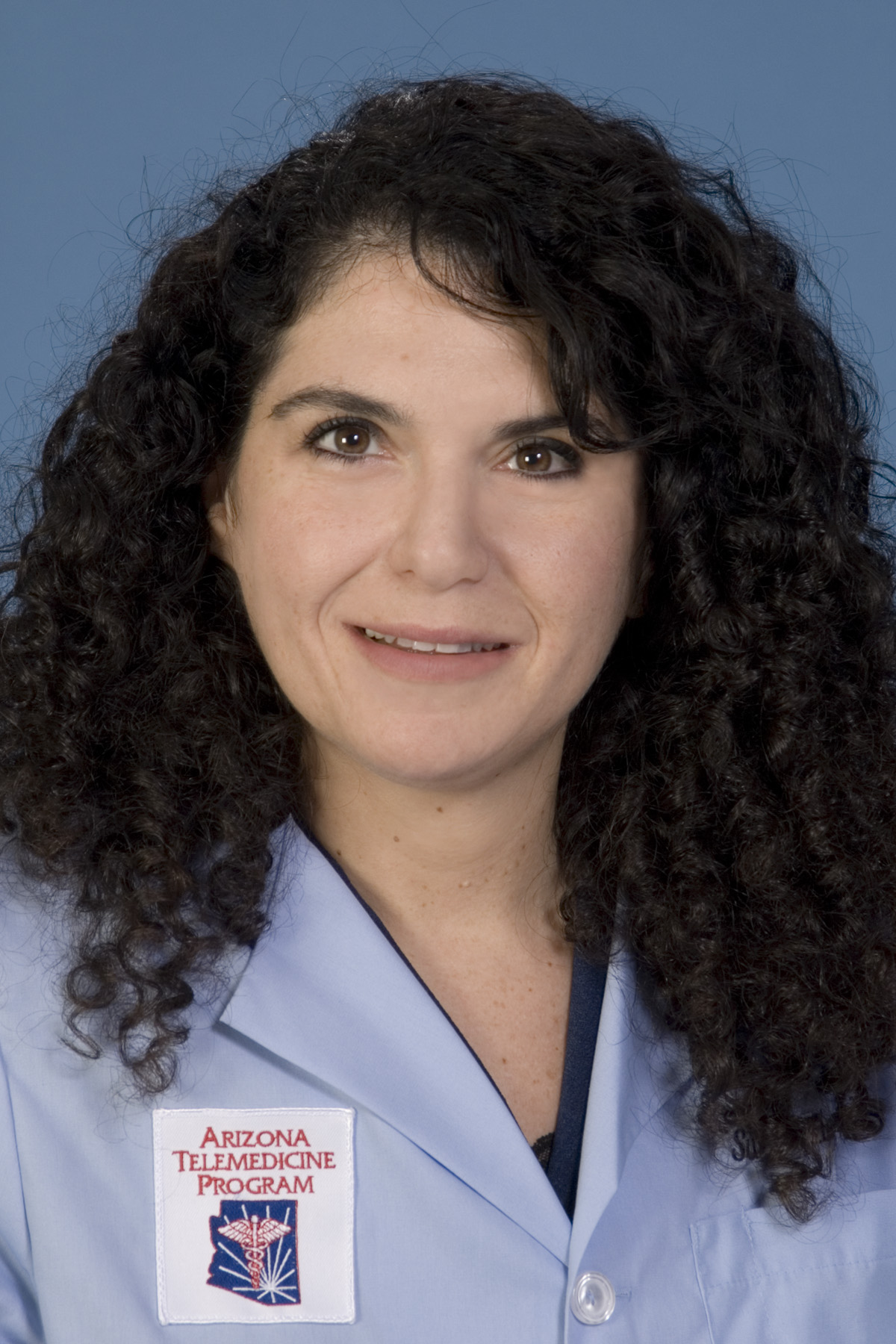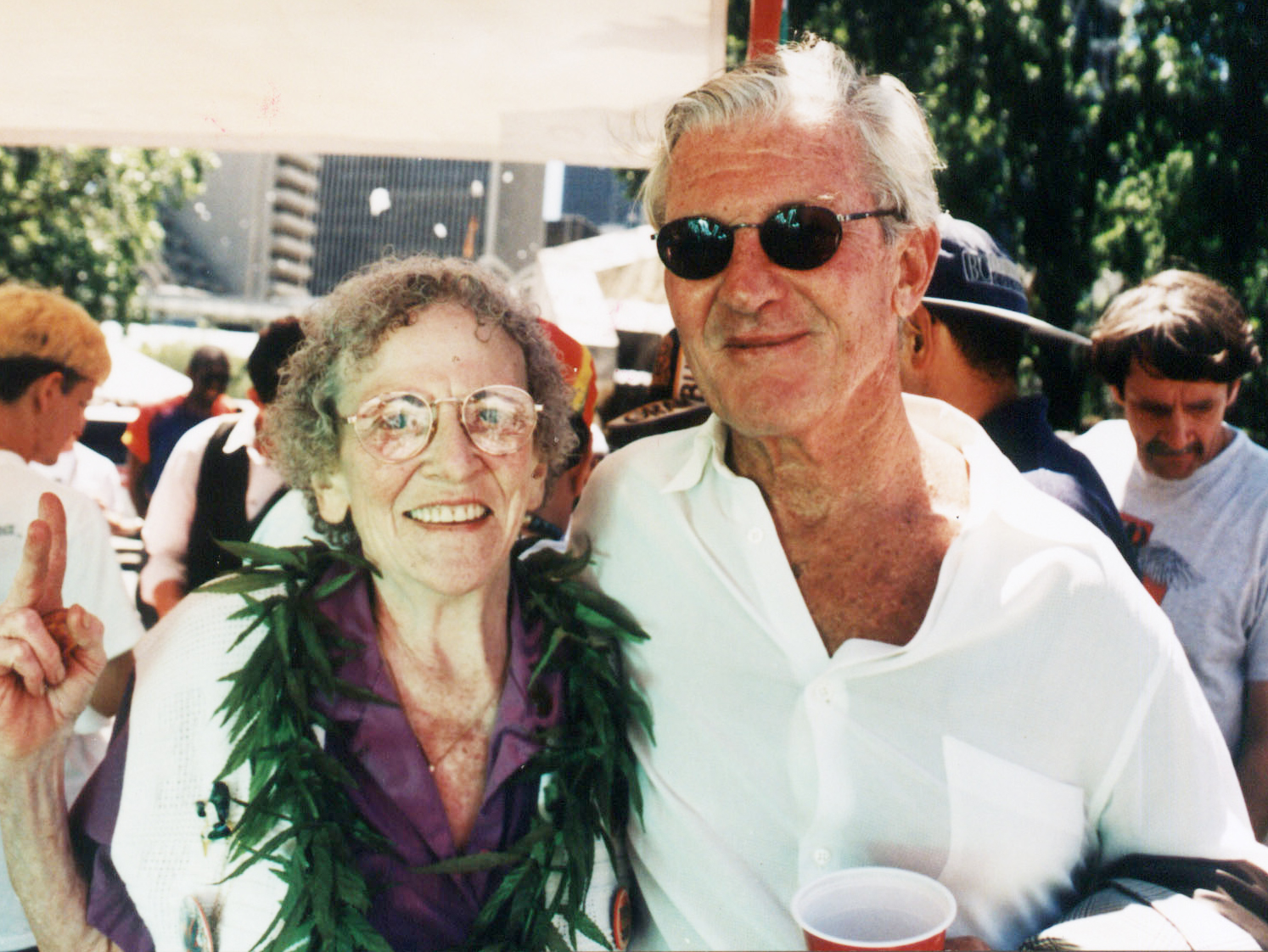By O’S News Service Ever since we heard Raphael Mechoulam associate olive oil in the Southern European diet with significantly reduced cancer rates, we have been on the look-out for affordable, good-quality oil —the fresher the better. Joe D. Golstrich, MD, had high praise for the Kirkland “Toscano” oil available at Costco —the label states when it was bottled —and I could taste that he was right. Those polyphenols have a real kick! Not surprisingly, good, fresh olive oil tastes a little like good, fresh Cannabis.
What follows is an extensive excerpt of an article by Karen Stabiner in the New York Times April 6 that focused on Mansour Samadpour, chief executive of IEH (Institute for Environmental Health) Laboratories:
While he’s out of the office, he receives a call and dispatches a team on a more pressing expedition: They need to buy various products that contain cumin, because a client just found possible evidence of peanuts, a powerful allergen, in a cumin-based spice mix. The client wants a definitive answer before someone gets sick.
Suppliers, manufacturers and markets depend on Mr. Samadpour’s network of labs to test food for inadvertent contamination and deliberate fraud, or to verify if a product is organic or free of genetically modified organisms. Consumers, the last link in the chain, bet their very health on responsible practices along the way.
The annual cost of food-borne illnesses in the United States is $14.1 billion to $16.3 billion, according to a 2013 analysis by the Agriculture Department. The federal government has called for a shift from reaction, which usually means a large recall after people have fallen ill or died, to prevention, to reduce the number of such episodes. Wary customers want their food to be safe and genuine, and food retailers, who rely on a global array of suppliers, are looking for ways to protect their brands. Food testing sits at the intersection of those desires.
Mr. Samadpour, who opened IEH’s first lab in 2001 with six employees, now employs over 1,500 people at 116 labs in the United States and Europe. He refers to his company, one of the largest of its kind in the country, as “a privately financed public health organization…”
IEH’s clients are primarily vendors who supply retailers and manufacturers, and they generally prefer to remain anonymous for fear of indicating to consumers that they have a specific worry about safety. Costco is one of the retailers that use IEH’s services, and the company doesn’t mind talking about it. “We have to inspect what we expect,” says Craig Wilson, the company’s vice president for quality assurance and food safety, meaning that products have to live up to their labels, particularly items in Costco’s own Kirkland Signature line.
Costco has a smaller margin of error than most food retailers; the company stocks only about 3,500 so-called S.K.U.s, or stock keeping units, while most retailers offer as many as 150,000. A single misstep is a far greater percentage of the whole. That’s why, in addition to retaining IEH, it operates its own 20-person testing lab. “We’re not typical,” Mr. Wilson says. “We have one ketchup, one mayonnaise, one can of olives, Kirkland Signature olive oils and a couple of others.” Since 2003, the United States Department of Agriculture has required the testing of beef used for ground beef, resulting in a 40 percent reduction in cases of E. coli traced to beef consumption. Costco, which processes 600,000 to 700,000 pounds of ground beef daily, does extensive micro-sampling of the meat at its California facility, Mr. Wilson says. The company expects its suppliers to absorb testing costs and gets no resistance, given the size of the resulting orders.
Costco sells 157,000 rotisserie chickens a day. As Mr. Wilson put it: “If vendors get a bill for a couple hundred bucks on a $1 million order, who cares? They don’t.” The sheer volume also enables Costco to demand action when there is a problem. After a 2006 outbreak of E. coli tied to Earthbound Farm’s ready-to-eat bagged spinach, in which three people died and more than 200 became ill, Mr. Wilson, one of Earthbound’s customers, instituted what he calls a “bag and hold” program for all of Costco’s fresh greens suppliers. He required the suppliers to test their produce and not ship it until they had the results of the tests. Earthbound responded to the outbreak with a “multihurdle program that places as many barriers to food-borne illness as we can,” says Gary Thomas, the company’s senior vice president for integrated supply chain. Earthbound now conducts 200,000 tests annually on its ready-to-eat greens. Not everyone was as quick to embrace change; some growers were concerned about losing shelf life while they waited for results. Mr. Wilson was unmoved by that argument. “If you can test and verify microbial safety, what do I care if I lose shelf life?” he says.
The Food Safety Modernization Act of 2011, intended to improve food safety practices, has been mired in missed deadlines, which have been attributed to food-industry concerns about overregulation and to an unrealistic timeline given the scope of the overhaul. The delays led to a lawsuit by the Center for Food Safety and the Center for Environmental Health, two advocacy groups.
The F.D.A. and the Office of Management and Budget now operate under a court-ordered schedule that requires regulations to be issued in late 2015 and 2016. The F.D.A. currently stops short of requiring produce tests, although it conducts its own “surveillance sampling,” according to Juli Putnam, an agency spokeswoman. The agency sees two drawbacks to mandatory tests: “A negative product test result does not necessarily indicate the absence of a hazard,” Ms. Putnam wrote in an email, because When asked if fake food has ever crossed the threshold at Costco, Mr. Wilson smiles and says, “I’m going to go with ‘no,’ but you’re not going to believe me entirely. Yes, there have been egregious things, and we’ve taken care of them, and that’s that.”
Olive oil is a popular target for fraud because there are several ways to charge more for less. Compliance with United States Department of Agriculture quality standards for extra-virgin olive oil is voluntary. Unless a supplier pays for testing, passes and puts a U.S.D.A.-certified sticker on the bottle, consumers have no way to know whether they got extra-virgin olive oil. Any grade of olive oil can be doctored with cheap filler oils like canola, because they have no flavor. And the country of origin listed on the label isn’t always where the contents are from.
About five years ago, Mr. Wilson decided it was time to send an employee to Tuscany to collect leaves from Tuscan olive trees. Costco now has an index of DNA information on “all the cultivars of Tuscan olive oil, about 16 different ones,” he says. “When they harvest and press, we do our DNA testing.” A group of undergraduates at the University of California, Davis, has developed the OliView, a biosensor that can detect rancid or adulterated olive oil. They expect to have the device ready for sale, at $60 to $80, in 18 months to two years. “At the supermarket level, we found that a lot of times the oil was just old and rancid,” says Selina Wang, research director at the U.C. Davis Olive Center and one of the students’ advisers, “but there were also samples labeled extra virgin that were actually a little bit of virgin olive oil mixed with refined olive oil.”
Adulterated oil, more common among imports, can stump even food professionals. Ms. Wang says that at the center, they “have seen samples with as much as 70 percent canola oil.” DNATrek has also developed a test for products where fraud is a temptation — “high-value stuff, truffles, saffron, premium juices, honey, seafood and olive oil,” Mr. Zografos says. Mr. Samadpour says that in multi-ingredient products, the source of trickery is usually hidden further down the food chain than the name on the package…
” © 2015 The New York Times Company





